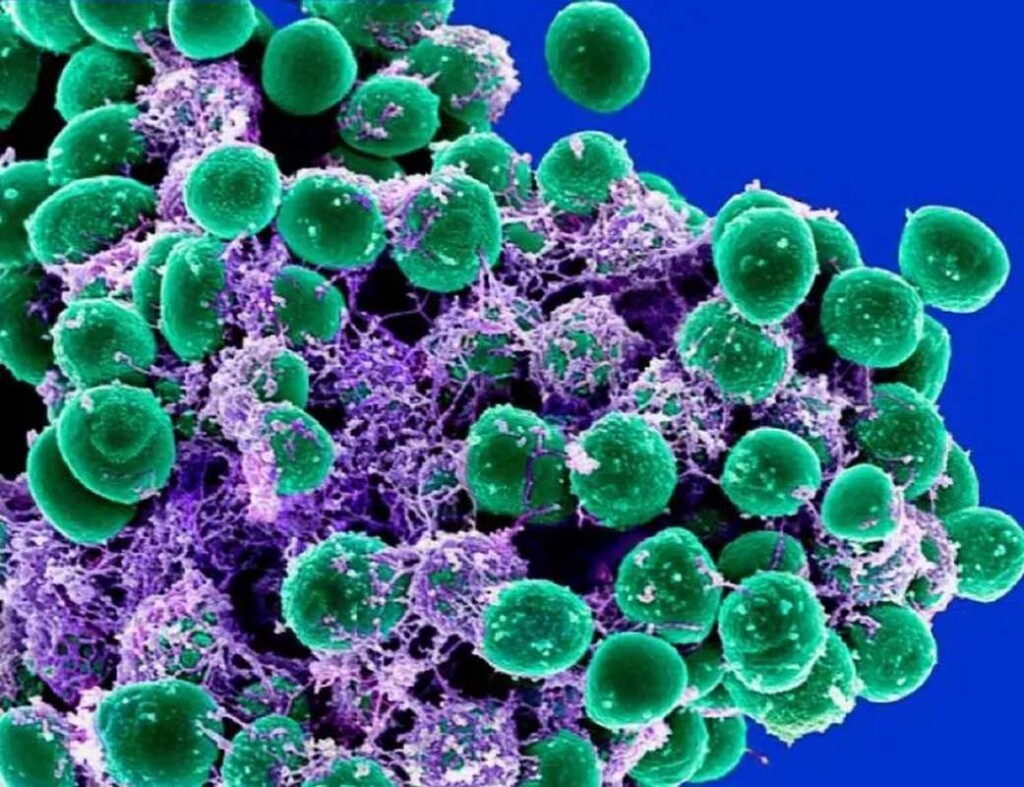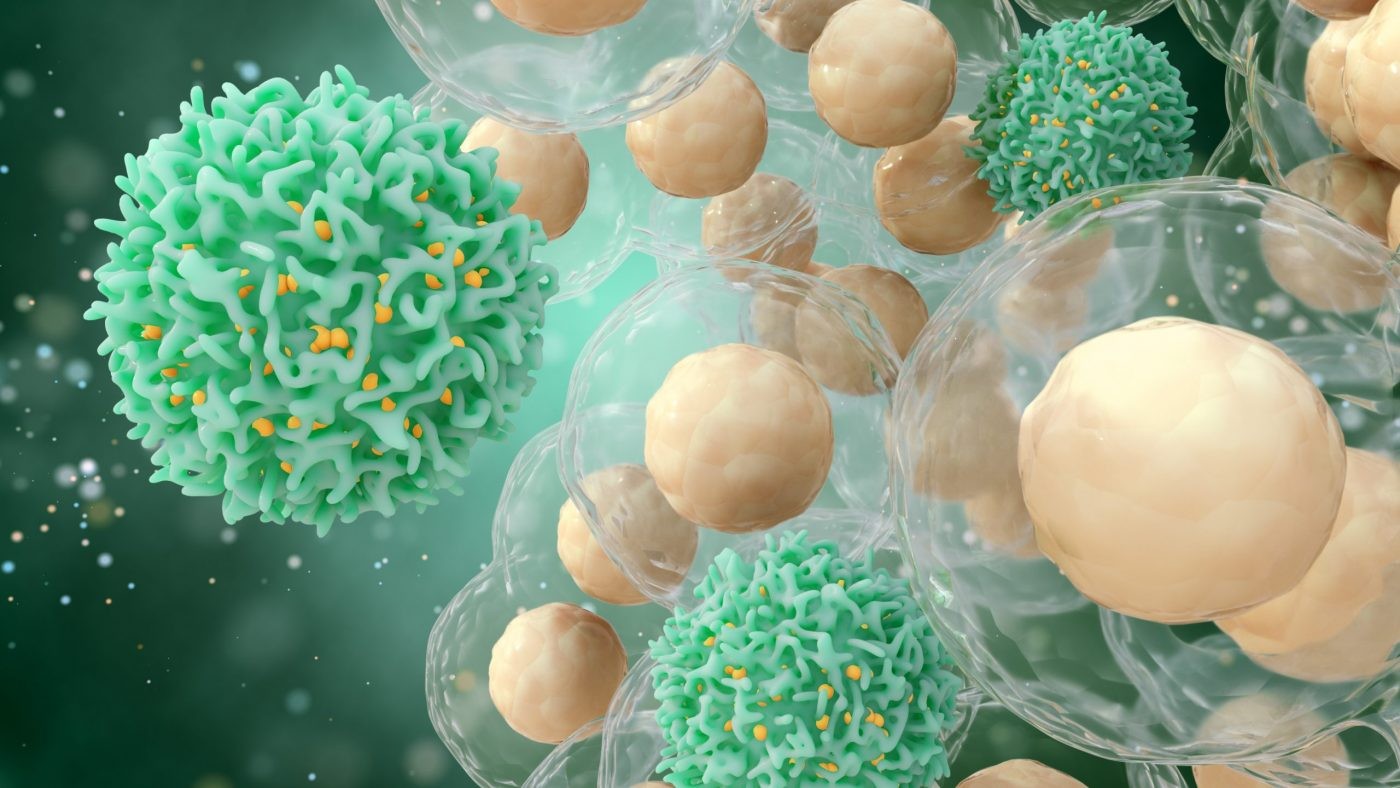Revolutionary Antiviral Chewing Gum Shows Promise Against Herpes and Flu
Researchers at the University of Pennsylvania have developed a groundbreaking chewing gum made from Lablab purpureus beans that shows over 95% effectiveness against herpes and influenza viruses. This innovative preventive approach using natural food-based ingredients could provide broad-spectrum protection against multiple viral threats.
Herpes Virus May Play Protective Role in Early Stages of Alzheimer's Disease
University of Pittsburgh researchers have discovered that herpes simplex virus-1 (HSV-1) interacts with tau protein in ways that may initially protect against Alzheimer's disease. This groundbreaking finding challenges traditional views of tau protein's role and opens new possibilities for treating neurodegenerative conditions.
Stanford Breakthrough: Painless Cream Vaccine Created from Common Skin Bacteria
Stanford researchers have transformed a harmless skin bacterium into a revolutionary cream-based vaccine, potentially eliminating the need for needle injections. The engineered Staphylococcus epidermidis showed strong results against tetanus in mice, offering a pain-free and accessible vaccination method.
New York Sets National Precedent with Historic EpiPen Insurance Coverage Law
New York becomes the first state to mandate health insurance coverage for EpiPens with a $100 annual cost cap, addressing a 600% price surge since 2007. Governor Hochul's landmark bill, effective 2026, requires insurers to cover two auto-injectors yearly, providing relief for those dependent on this lifesaving medication.
Groundbreaking Study Shows How Cellular Nutrition Shapes Immune Cell Identity
Scientists at the Salk Institute have discovered that nutrients consumed by cells can fundamentally alter their genetic identity and function, particularly in immune T cells. The revolutionary findings reveal how dietary preferences influence cellular behavior at the molecular level, opening new possibilities for therapeutic approaches.




